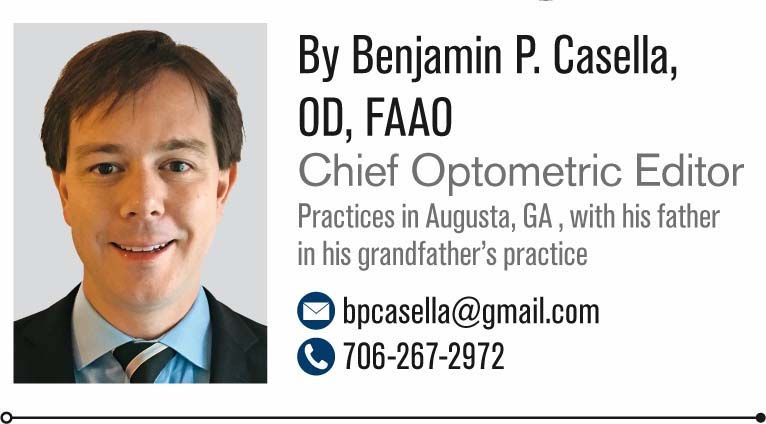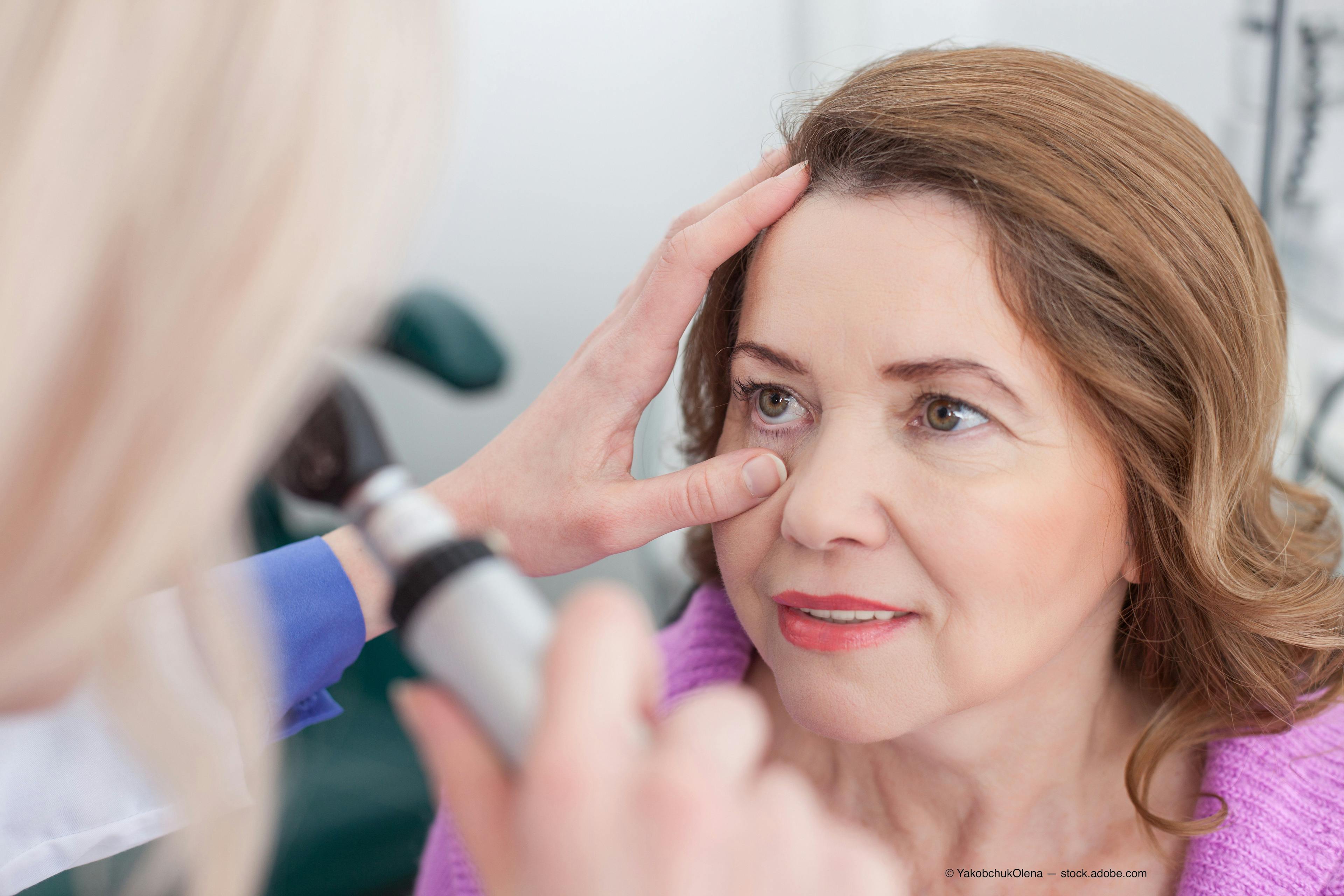Big pharma helps homeless patient
Chief Optometric Editor Ben Casella refuses to turn patients away if they cannot pay. He reminds himself-and all ODs-that the burden of care can be shared instead of carried alone.

Part of practicing in a somewhat urban environment is the street traffic outside of one’s front door. You just never know who will walk in (or with what malady or concern). Occasionally, someone from the bank building next door will come in with a missing screw to a frame temple. Our office policy is to always do the neighborly thing and fix a frame if we can, even if the owner of said frame isn’t a patient of ours.
With that said, another policy of ours is not to turn anyone away because of the inability to pay for care. This policy brings along with it the occasional homeless person who wanders in looking for help. Unfortunately, we are all aware that the prevalence of disease increases as socioeconomic status decreases. That’s just a fact of life.
Previously from Dr. Casella: Stop, Say hello, and shake my hand
Patient in need
So, when a homeless man came in year or so ago with profound glaucoma, I treated him as best I could with samples of prostaglandin analogs whenever I saw him (which was relatively frequently). During a casual conversation with a pharmaceutical rep, I was reminded of the fact that pharmaceutical companies offer programs in which patients can attain medications they need even if they can’t pay. I was able to easily get this patient signed up for the program.
He has since moved, and I hope he gets the health care he needs and deserves wherever he is. With no forwarding address, continuity of care is about as difficult as it can be in this case. However, the day I last saw him, he brought me an antique wooden chair to thank me for taking care of him. I have no idea where the chair came from, but I really appreciate having it in the office.
It takes a village
My thought process needs to be broken every now and then from the mantra that all corporations want to make nothing more than money. Most large pharmaceutical companies have patient assistant programs in place, and I need to do a better job of keeping this in mind the next time I see someone in need of care who cannot attain it. Those who treat homeless patients or patients with very limited resources don’t necessarily have to bear the burden of care all by themselves.

Newsletter
Want more insights like this? Subscribe to Optometry Times and get clinical pearls and practice tips delivered straight to your inbox.




.png&w=3840&q=75)















